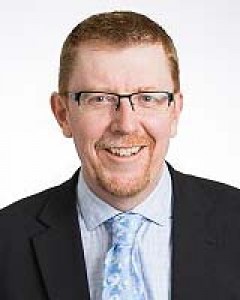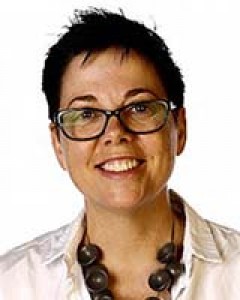Now published, see the full article 
Early Abstract:
Introduction: The early closure of the Voluntary Dental Graduate Year Program and the Oral Health Therapy Graduate Year Program by the Commonwealth Government adversely impacted NSW Aboriginal Community Controlled Health Services. This led to the co-design of a small-scale oral health therapy graduate year program for ACCHSs known as the ‘Dalang Project’ which enabled oral health therapists to engage with local Aboriginal communities and implement culturally competent, practical and evidence-based oral health promotion activities. This paper provides an overview of the Dalang Project and its evaluation.
Methods: All graduates of the Dalang Project were invited via email and social media to complete an online survey. The survey included questions about their year in the Dalang Project, why they applied, what they liked and disliked about the project, where they planned to work post-placement, and examples of the most significant changes they observed in the communities where they were placed. Host sites were also surveyed and data was also collated on clinical services performed as well as oral health promotion activity.
Results: Prior to commencing the Dalang Project only 4 of the 15 respondents came from rural or regional areas. Nine of the 15 respondents were considering working in a regional, rural or remote area prior to applying for the Dalang Project. Twelve respondents were working at the time of the survey and half were working in regional, rural or remote location in NSW and one in the Northern Territory. All reported that they would be more likely to work in an ACCHS as a result of being a part of the Dalang Project. Majority of respondents would recommend the program to future graduates. A total of 63 schools, 21 preschools and 15 community health services also received regular dental health education through the Dalang Project. A total of 3250 toothbrushes and fluoride toothpastes were distributed to children and families through the Dalang Project. A key part of the program was the installation of refrigerated and filtered water fountains in schools where there was no free filtered or refrigerated water supply. The inclusion of this component in the program was part of the co-design process and links the program to the wider population health strategies in NSW to help prevent childhood obesity.
Conclusions: The Dalang Project is an example of a successful co-designed project that has positively impacted oral health service delivery for Aboriginal children and has provided a valuable experience for new graduate oral health therapists working in ACCHSs. Overall, the Dalang Project was found to be a positive professional experience for the oral health therapists with many remaining in rural, remote and regional locations after completing the program.



